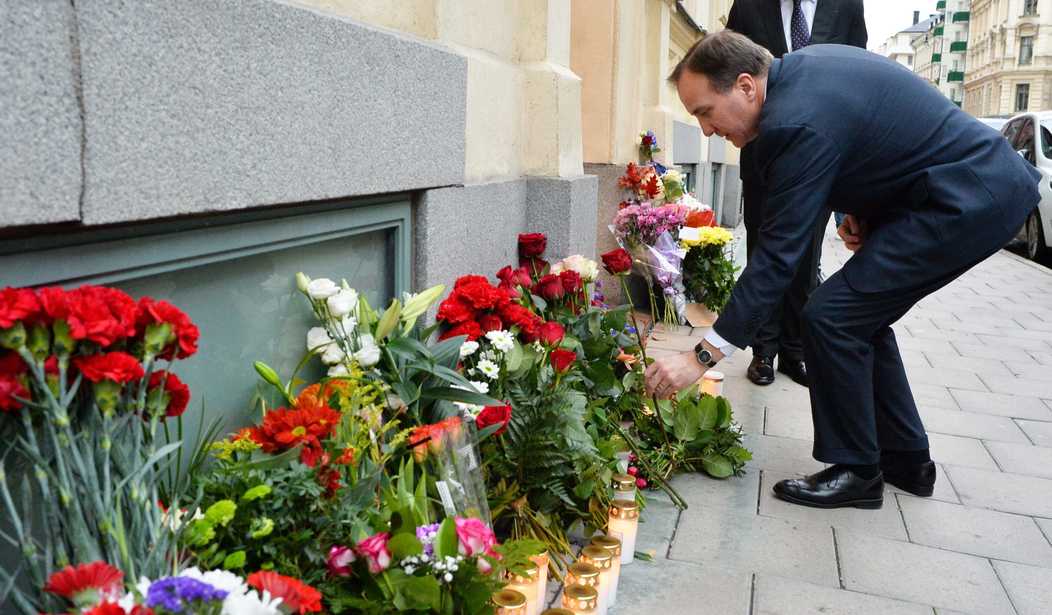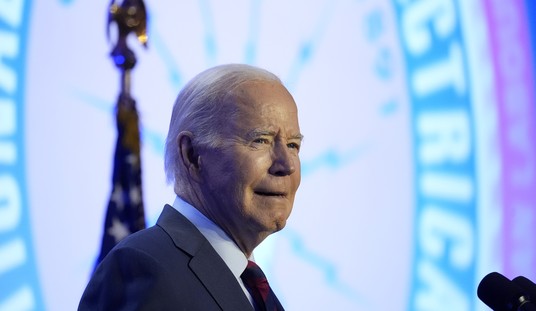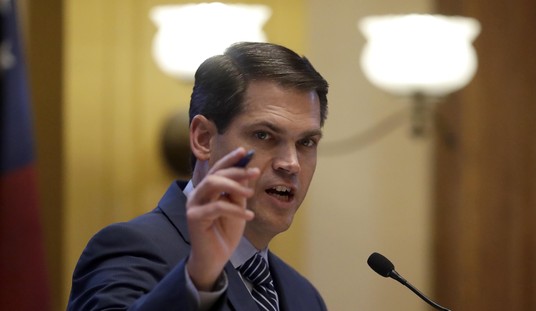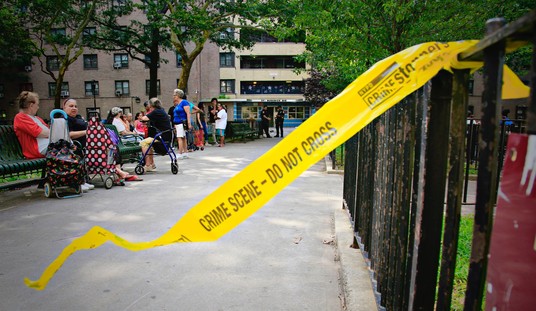As Alec Guinness says at the end of The Bridge on the River Kwai: “What have I done?”
When the refugee crisis began last summer, about 1,500 people were coming to Sweden every week seeking asylum. By August, the number had doubled. In September, it doubled again. In October, it hit 10,000 a week, and stayed there even as the weather grew colder. A nation of 9.5 million, Sweden expected to take as many as 190,000 refugees, or 2 percent of the population — double the per capita figure projected by Germany, which has taken the lead in absorbing the vast tide of people fleeing the wars in Syria, Iraq, and elsewhere.
That afternoon, in the cafeteria in the back of the Migration Agency building, I met with Karima Abou-Gabal, an agency official responsible for the orderly flow of people into and out of Malmo. I asked where the new refugees would go. “As of now,” she said wearily, “we have no accommodation. We have nothing.” The private placement agencies with whom the migration agency contracts all over the country could not offer so much as a bed. In Malmo itself, the tents were full. So, too, the auditorium and hotels. Sweden had, at that very moment, reached the limits of its absorptive capacity. That evening, Mikael Ribbenvik, a senior migration official, said to me, “Today we had to regretfully inform 40 people that we could [not] find space for them in Sweden.” They could stay, but only if they found space on their own.
Nothing about this grim denouement was unforeseeable — or, for that matter, unforeseen. Vast numbers of asylum-seekers had been pouring into Sweden both because officials put no obstacles in their way and because the Swedes were far more generous to newcomers than were other European countries. A few weeks earlier, Sweden’s foreign minister, Margot Wallstrom, had declared that if the rest of Europe continued to turn its back on the migrants, “in the long run our system will collapse.” The collapse came faster than she had imagined.
Foreordained, of course, from that moment forty years ago when the Swedes decided that real Swedes had to go, to be replaced by “Swedish” passport-holders from lands inimical to both real Swedes and Sweden itself.
An observation that is now taken for granted in the United States — that values matter, that they are transmitted culturally, that they can be only partly changed by social institutions — is treated in Sweden as a form of racism, as well as an implicit admission of failure. Low levels of achievement aren’t “in people’s DNA,” said Aron Etzler of the Left Party. “People change, cultures change. Society is there to give people the tools.” Swedes have good reason to have faith in their social democratic model, and they seem confident that it can do again what it has done before. Virtually everyone I spoke to on the pro-refugee side insisted that Sweden was not paying a price for its open-ended commitment to refugees, but rather gaining a benefit, albeit a long-term one. I often asked what this new generation of newcomers was going to do for work. Sweden has virtually no space for unskilled workers; I’ve never seen a more automated, do-it-yourself economy. (You don’t just check yourself in at the airport; you scan your own suitcase.) The answer was always the same: Sweden’s “aging population” would provide vast job opportunities in personal health care. Maybe that’s true, though old people in Sweden seem awfully self-sufficient. You can’t push someone’s wheelchair if they’re going to cross the street on their own.








Join the conversation as a VIP Member